In the late 1990s the Los Angeles Police Department (LAPD) found itself swirling in scandal. At its epicenter were allegations of illegal and unethical actions by the department’s anti-gang unit, Community Resources Against Street Hoodlums (CRASH).
By 2001 more than 75 officers had been investigated or charged and over 100 criminal case verdicts were overturned due to perjury and other forms of misconduct.
The arrest and shooting of unarmed teenager Javiar Ovando was one such case. The officer planted a gun on him and alleged he acted in self defense. Ovando was tried and sent to prison but was eventually exonerated.
Following the scandal the U.S. Department of Justice (USDOJ) thrust down an iron fist and forced the LAPD to enter into a Consent Decree. Signed into law on June 15, 2001, it placed emphasis on nine areas of reform: management and supervisory measures to promote civil rights integrity; critical incident procedures, documentation, investigation and review; management of Gang Units; management of confidential informants; program development for response to persons with mental illness; training; integrity audits; operations of the Police Commission and Inspector General; and community outreach efforts. It further provided for the creation of an Ethics Enforcement Section within the Internal Affairs Group.
Nola.com called it the “longest, most detailed consent decree [the USDOJ] ever forced on an urban police department.
“Today, by most accounts, the LAPD offers the most compelling evidence that federal intervention can bring about true police reform”, writes Nola.com reporter Brendan McCarthy. “The department has met nearly all of its benchmarks and is now nearly autonomous again. Crime has steadily dropped in the decade under the decree, as have use-of-force and excessive force incidents. Public satisfaction is up.”
Although the decree was terminated by U.S. District Court Judge Gary Feess in July 2009, some officers still say egos had been bruised when the department was slapped with federal oversight. At the same time, though, just about everyone agrees the decree transformed the LAPD for the better.
Former LAPD Chief William Bratton said that the real beauty of the consent decree was that you “really have no choice but to comply with it,” he said. “The decree is a tool that can be used to expedite and facilitate change.”
It will still take another 10 to 20 years to fully break down the barriers between the department and the communities it serves, attorneys say, but at least now the groundwork has been set.
Source: Nolo.com, "Consent decree leaves Los Angeles Police Department 'better off today'" by Brendan McCarthy
Published: 10/17/2011

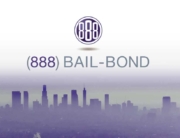
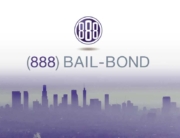
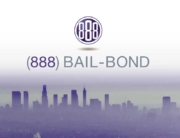

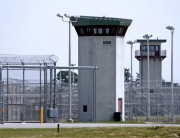
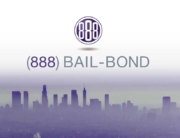
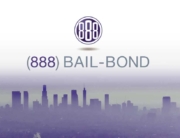
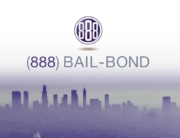
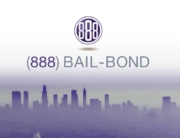
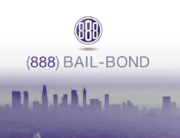




Follow Us
Facebook
Twitter
Google +1
LinkedIn
Youtube